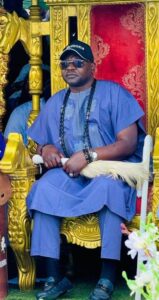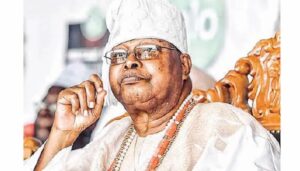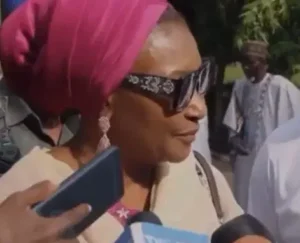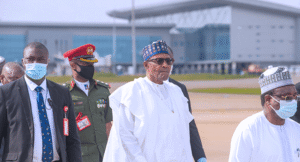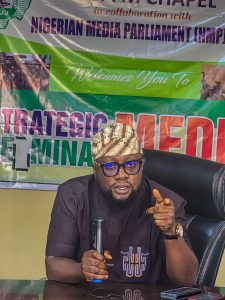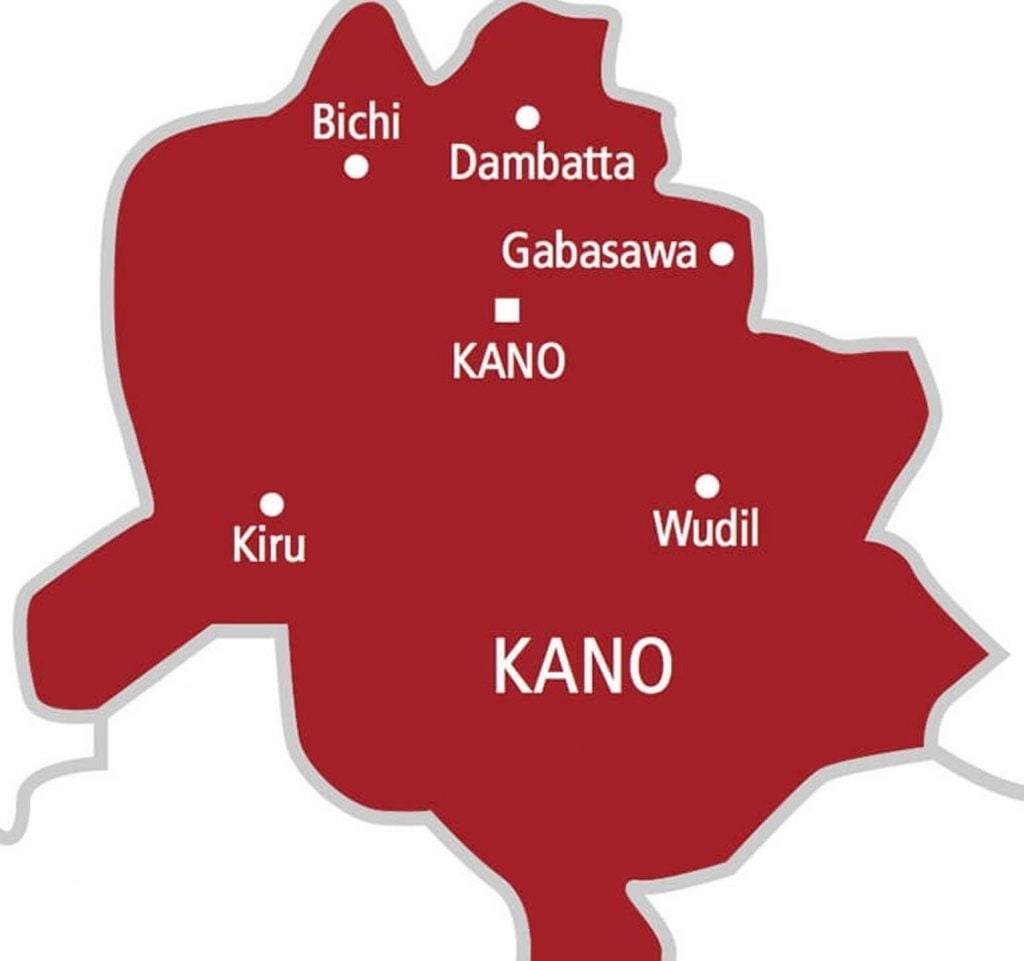
• True federalism key to national stability, says Uba Sani
• Gombe, Bauchi, Taraba propose Katagum State
• Calls mount for state police, stronger institutions, gender equity
As the National Assembly’s constitutional review process gathers momentum, the Kano State Government has formally demanded the creation of an additional state from its current territory and 26 new local government areas, citing population pressure and the need to deepen grassroots governance.
Presenting Kano’s position at the North-West Zonal Public Hearing on the Review of the 1999 Constitution in Kaduna, Deputy Governor, Comrade Aminu Abdulssalam Gwarzo, said the state’s submission was the product of extensive consultations and public engagement across local communities.
Gwarzo, who represented Governor Abba Kabir Yusuf, explained that the demand for a new state and more local governments is premised on Kano’s size, demographic realities, and the need to improve service delivery.
“Kano identifies with the broader national calls for restructuring and supports state creation in line with Section 8 of the Constitution. We also strongly advocate for the creation of 26 additional local councils to meet developmental needs and ensure better representation,” he stated.
The state’s memorandum, which received wide endorsement during a parley at the historic Mambayya House—once the residence of late nationalist, Mallam Aminu Kano—was prepared by a 22-member stakeholders’ committee and enriched with citizen input from radio town halls and public hearings.
In a parallel submission at the hearing, Governor Uba Sani of Kaduna State renewed the call for a restructured federal system anchored on fiscal federalism, arguing that states should assume full control of resources within their domains, while making constitutionally prescribed contributions to the centre.
Represented by his deputy, Dr Hadiza Balarabe, Governor Sani criticised what he described as an over-centralised system that stifles innovation and alienates communities from the instruments of governance.
“Our federal arrangement must reflect the principle of subsidiarity, where governance functions are devolved to the level closest to the people,” he said.
According to him, fiscal autonomy and decentralised governance are critical to unlocking Nigeria’s economic potential, fostering inclusive development, and strengthening national cohesion.
Governor Sani further advocated for the entrenchment of state police in the Constitution, noting that he had sponsored relevant legislation as a Senator during the 9th Assembly, including the Constitution Alteration Bill 2020 and the Nigeria Police Act Amendment Bill.
“Despite progressing through several stages in the National Assembly, these efforts were stalled due to political resistance. Today, there is a growing bipartisan consensus that decentralised policing is no longer optional but necessary,” he stated.
He pledged Kaduna’s support for reforms to institutionalise state policing, asserting that “security cannot be national if it is not local.”
Governor Sani also used the occasion to press for constitutional safeguards to protect the independence of the judiciary, anti-corruption agencies, and electoral commissions. He stressed that the integrity of these institutions should not depend on executive goodwill but should be protected by law.
He further advocated for the formal recognition of traditional rulers in the Constitution, beyond symbolic or cultural roles, describing them as “consultative pillars of governance” at the grassroots.
On gender equity, Sani called for affirmative provisions to increase women’s participation in political and appointive offices, warning that national development would remain stunted if half of the population continued to be underrepresented.
“A nation that sidelines its women ultimately sidelines its progress,” he said.
Voices from the North-East: Gombe, Bauchi, Taraba Push Katagum State
At the North-East Zonal Public Hearing held in Gombe, calls were made for the creation of Katagum State, to be carved out of parts of Gombe, Bauchi and Taraba States. The proposal, presented by various stakeholders, was among key submissions seeking to redress administrative imbalance and improve access to governance.
Chairman of the House Committee on Constitution Review, Hon. Usman Bello Kumo, assured participants that all submissions would be captured faithfully and transmitted to the National Assembly without bias.
“We are committed to fairness, transparency, and inclusiveness in this process. Every submission will be reported verbatim,” he said.
Gombe State Governor, Muhammad Inuwa Yahaya, who addressed the gathering, encouraged citizens to participate actively in the reform exercise, describing it as an opportunity to recalibrate the country’s foundational document.
“We must seize this moment to forge a Constitution that reflects our collective aspirations and accommodates our diversity,” he said.
The ongoing constitutional amendment process—one of the most ambitious in recent times—has sparked spirited demands from across the federation. From resource control and state creation to security and institutional reform, Nigerians appear united in their desire for a Constitution that is not only functional but genuinely representative.
Whether the National Assembly will rise to the occasion and translate these aspirations into enduring legal frameworks remains the defining test of this exercise.

